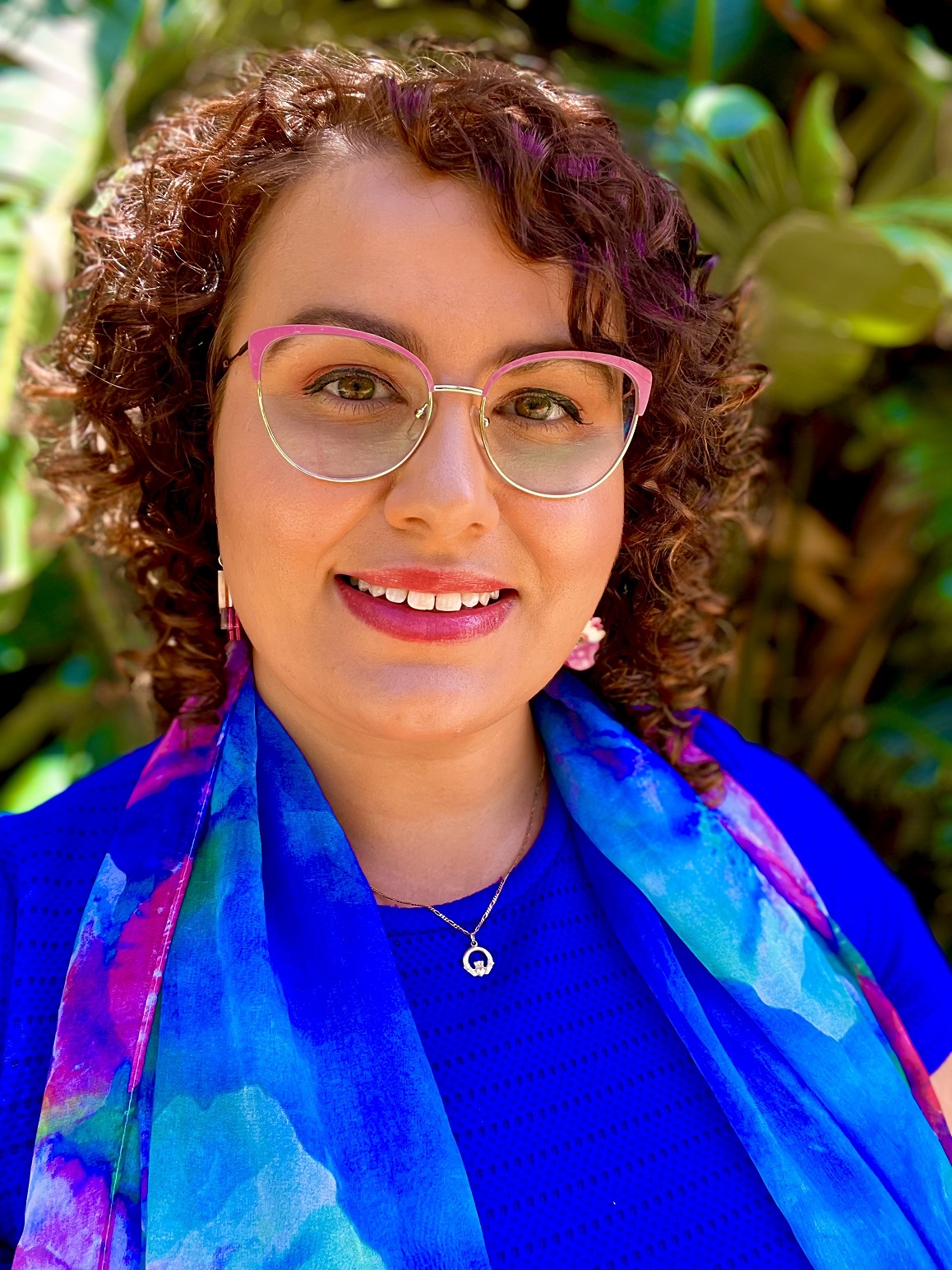Associate Professor Sadie Heckenberg used International Woman’s Day to share details of her vision for improving educational and social outcomes for Aboriginal and Torres Strait Islander girls.
Sadie – a Wiradjuri scholar and the University of Tasmania’s Academic Director, Aboriginal Engagement – gave a talk at the Riawunna Centre at the University’s Newnham Campus about her project, “Empowering Aboriginal & Torres Strait Islander Girls, Changing Communities,” as part of International Women’s Day celebrations on March 8.
The pastoral care-style project, which extends nationally, will consult with the Indigenous communities of each area to ensure there are culturally safe spaces in schools, and that the importance of connection to place is emphasised through all mentoring and support programs.
Ultimately it is hoped the project will encourage more Indigenous women to continue on to university studies and beyond, with positive flow-on effects for the broader Aboriginal and Torres Strait Islander community.
“The project will be adapted to be different in every place it is implemented, adapted to local community needs,” Sadie said. “To ensure this, there will be consultation with communities, Elders, schools, students, women, teachers, teacher educators, and Indigenous education officers.”

Referring to the 2020 Wiyi Yani U Thangani Report, Sadie said there was a need to redress issues of historical inequality by focusing on successful Indigenous-led and -managed programs that empower and celebrate Aboriginal and Torres Strait Islander women and girls.
According to that report: “Women and girls have developed a deep sense of belonging and connectedness to country and place, and this forms a central part of their shared existence and ways of expressing themselves today.”
Programs such as Sadie’s play a pivotal role in modelling contemporary, culturally appropriate, inclusive practices and creates environments within education that empower our young women.
Sadie said she had direct personal experience with the challenges Indigenous girls and women faced in terms of access to education and support.
“I didn’t finish year 10,” she said. “I struggled in that early education and I know a lot of others did as well.
“Sometimes our girls need different support systems to boys, and inland communities need different support systems to those on the coast. We need to acknowledge that and ensure it happens.”
The project – funded by the Australian Research Council – will include place-based engagements and the creation of three PhD scholarships and four place-based research assistant roles to help promote the voices of Indigenous women in academia and the community.
“Aboriginal and Torres Strait Islander women are change-makers in their communities,” Sadie said.
“We want to acknowledge the phenomenal work they are already doing and give a space for their wisdom about the educational needs of their young ones to be heard”.
Sadie hopes the project will lead to the development of a national framework that supports the education of girls and acknowledges the importance of self-determination, culture, gender, and place in creating life-changing educational opportunities.
It will also engage with the greater community through non-traditional outputs, to foster greater cultural awareness, sensitivity and knowledge.
“I want our girls to be able to walk into school and not feel afraid, to not feel that they aren’t being heard. When they are engaging with their education, I want them to know this is a place where they belong.
“The community doesn’t necessarily know that universities are public spaces, but they are. These places belong to us as well as the University.”
The project partners with Ember Connect, an organisation working to apply Indigenous knowledge to the education of Aboriginal and Torres Strait Islander girls.


